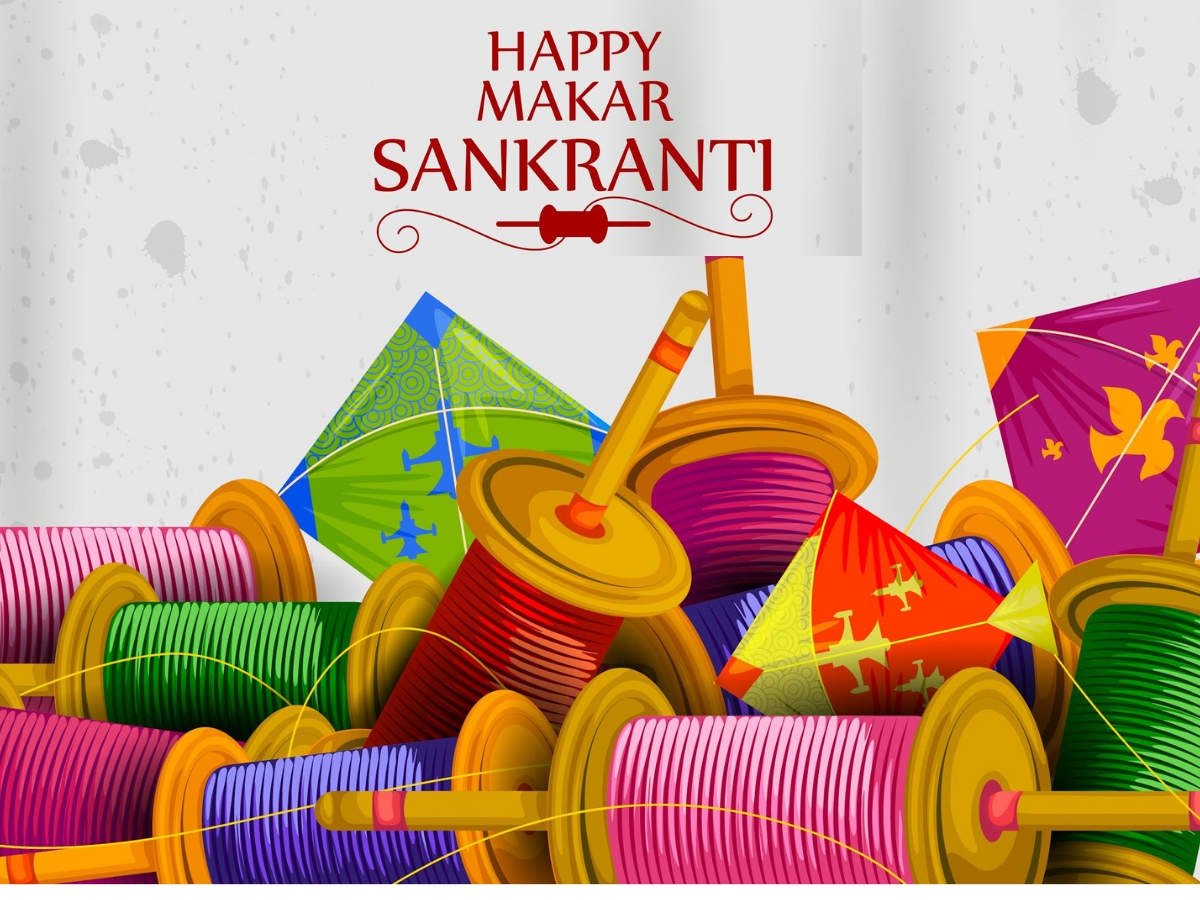Makar Sankranti marks a momentous occasion in Hindu tradition, celebrating the transition of the Sun into the zodiac sign of Capricorn. This auspicious festival, observed on January 15th, 2024, signifies not just a new year but carries profound cultural, astrological, and spiritual significance.
Understanding Makar Sankranti
The Celestial Movement
Jyotish Acharya Dr. Anish Vyas elucidates that the celestial phenomenon of the Sun’s movement into Capricorn occurs at 02:42 AM on January 14th, 2024, leading to the celebration on the following day, January 15th. This year, the transition heralds the auspicious arrival of Makar Sankranti with Ashwa as the designated vehicle.
Cultural and Astrological Impact
Makar Sankranti not only holds astrological prominence but also carries cultural significance. According to traditions, this period witnesses revered rituals, including sun worship, ritualistic bathing in rivers, and acts of charity, believed to bestow immense spiritual merit.
Resonance and Impact
While Makar Sankranti augurs well for the nation, strengthening international ties and favoring scholars and intellectuals, it might instill apprehension in some. However, the festival is predicted to stabilize grain prices and maintain economic balance.
Rituals and Observances
Reverence to Gayatri Devi
The festival, known as Til Sankranti, holds deep-rooted importance in Sanatan Dharma, signifying the onset of Uttarayana and the commencement of divine energies in the morning.
The Power of Charity
Dr. Vyas emphasizes the significance of donations, particularly of sesame seeds, jaggery, and clothing, to alleviate the malefic effects of planets. Offering warm clothing to the needy and performing specific rituals on Sundays can enhance one’s destiny and well-being.
Solar Devotion and Auspicious Days
The Hindu calendar assigns profound significance to the month of Poush, also known as the period for Sun and Vishnu worship. Worshipping the Sun in this month not only enhances vitality and longevity but also contributes to overall well-being.
FAQs
1. What makes Makar Sankranti significant in Hinduism?
Makar Sankranti marks the Sun’s transition into Capricorn, symbolizing spiritual and astrological significance in Hindu tradition.
2. How does Makar Sankranti impact the economy?
The festival is believed to stabilize grain prices and foster stronger international relationships, benefiting the nation’s economy.
3. What rituals are associated with Makar Sankranti?
Sun worship, charitable acts, and ritualistic bathing in rivers are customary during this festival.
4. How does charity affect the festival’s essence?
Donations, especially of sesame seeds and warm clothing to the needy, are believed to mitigate adverse planetary influences.
5. Why is solar worship significant in the Hindu calendar?
Solar worship in the month of Poush contributes to longevity, vitality, and overall health according to Hindu beliefs.
With Makar Sankranti, a celebration blending tradition, spirituality, and cultural richness, immerse yourself in the festivities while honoring its profound significance in Hinduism.
